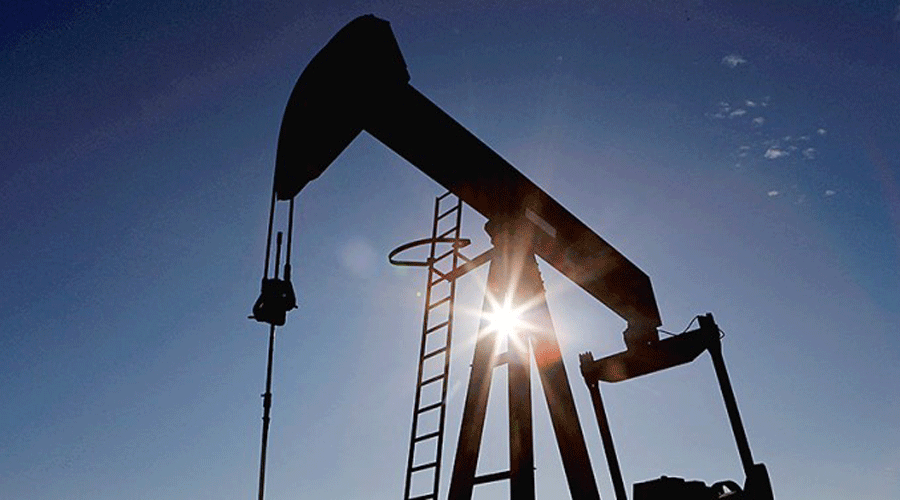The Group of Seven (G-7) rich nations and Australia have agreed to set a fixed price when they finalise a price cap on Russian oil later this month, rather than adopting a floating rate, sources said on Thursday.
US officials and G7 countries have been in intense negotiations in recent weeks over the unprecedented plan to put a price cap on sea-borne oil shipments, which is scheduled to take effect on December 5 — to ensure EU and US sanctions aimed at limiting Moscow’s ability to fund its invasion of Ukraine do not throttle the global oil market.
“While it’s not yet clear at what level the cap will be set, US officials have signaled that any price should be above $60 a barrel, or high enough to cover production costs and encourage more output,” said a report on Seeking Alpha, a USbased crowd sourced content provider for financial markets.
A fixed price cap will hurt India, which has been buying Russian crude at a discount of $15-20 per barrel to market prices. The cheap price has made Russia the biggest supplier of crude to India.
A low price cap will put New Delhi on the crosshairs of the conflict between Russia and the West over Ukraine. Moscow has threatened to stop supplies to nations participating in the plan even as the Western countries led by the US insists on its enforcement. Indian refiners, in the meantime, have stopped entering into contracts for Russian crude beyond December 5.
“The Coalition has agreed the price cap will be a fixed price that will be reviewed regularly rather than a discount to an index,” said a coalition source, who was not authorised to speak publicly. “This will increase market stability and simplify compliance to minimise the burden on market participants.”
The initial price itself has not been set, but should be in coming weeks, multiple sources said. Coalition partners agreed to regularly review the fixed price and revise it as needed, the source said, without disclosing further details.
Pegging the price as a discount to some index would have resulted in too much volatility and potential price swings, the source added.
The coalition worried that a floating price pegged below the Brent international benchmark might enable Russian President Vladimir Putin to game the mechanism by reducing supply, a second source said.
Putin could benefit from a floating price system because the price for his country’s oil would also rise if Brent spiked due to a cut in oil from Russia, one of the world’s largest petroleum producers. The downside of the agreed fixed price system is that it will require more meetings of the coalition and bureaucracy to review it regularly, the source said.
US treasury secretary Janet Yellen and other G7 officials argue the price cap, set to begin December 5 on crude and February 5 on oil products, will squeeze funding to Russia without cutting supply to consumers. Russia has said it will refuse to ship oil to countries that set price caps.
Shipping services are eager to see more details about the G7 plan which is due to take effect in a month.
A steady price cap could enable insurers to more confidently roll over contracts and initiate new ones without fear that the price could be adjusted by the countries buying Russian oil, which could have potentially exposed insurers to sanctions. No immediate comment was available from US treasury.











